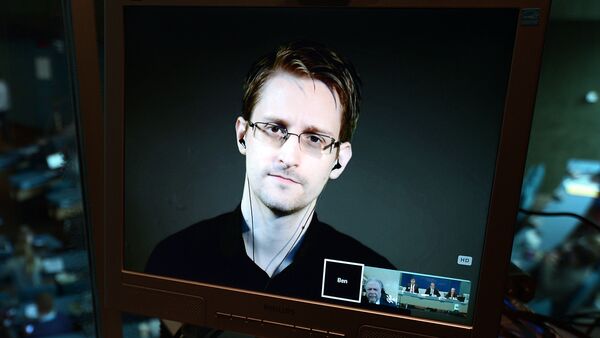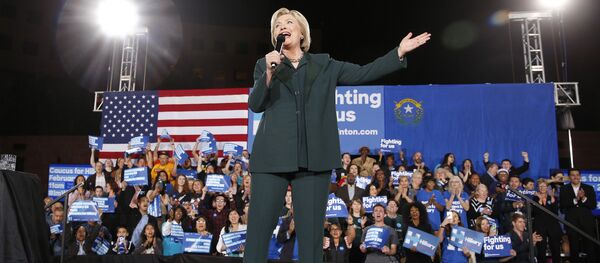“Recent figures of a survey show that 60% of the population in Germany has difficulties believing what the press is reporting. You [Russia] have the same percentage 61% from your survey. So what is it in that context? Is it something to do with new technologies that people can get other information through other sources,” Spiel said.
But now this is coming to an end as there are many other places and possibilities to get information from. Although one must not forget that there is an “incredible amount of rubbish coming through the internet too.”
“The internet gives you the possibility to campaign as a pressure group in every way, so how do you differentiate between how newsworthy a report is or not? So we have to leave aside our attitudes to deal with the internet as our new competitor and I think at the end good journalists will become better journalists,” Spiel told Sputnik.
He further spoke about how mass media is responsible for misunderstandings and tensions that have arisen as a result of the migrant crisis.
“To report about foreign countries is very often purely dominated by pure action. So, something is happening in this region, you go and report there and then go to another place, to another war. This is one of the biggest mistakes as we do not report constantly from areas of crisis.”
He further said that journalists ‘instrumentalize’ politicians and vice versa because both deal with the public. Journalists are usually too near to establishment politics, a problem at times because it is important to reflect on the role of journalists.
Spiel then spoke about his interview with Edward Snowden and how much impact his work has had on the modern world and how information flows in society.
“Without him we wouldn’t know about this incredible net of spying, about the technical possibilities and the reality of watching people. He opened our eyes and it is on us now to define political borders in our own society to limit this kind of spying and promote right to privacy,” Spiel said.
Spiel further spoke about his recent book for which he frequently met Vladimir Putin and also mentioned the documentary that is called “Me: Putin” about the Russian president.
“If you read it you might see his point of view and his position. I described it more from his point of view because I know our point of view. So just to get the other angle was the most interesting point for me,” the journalist said.
The New Era of Journalism: Farewell to Mainstream international media forum, timed to coincide with the 75th anniversary of establishment of the Soviet Information Bureau has kicked off in Moscow on Monday.
Media experts from 30 countries, including the US, the UK, France, India and China will take part in the event hosted by the Rossiya Segodnya International Information Agency.
Founder of the WikiLeaks, Julian Assange, will deliver a speech at the forum. It will be delivered remotely on June 7 via a video conference from the Ecuadorian Embassy in London, where Assange has been residing since August 2012.
The goal of the event is to highlight and discuss the processes taking place in modern media all over the world and to find general trends and understand the differences amongst them.




